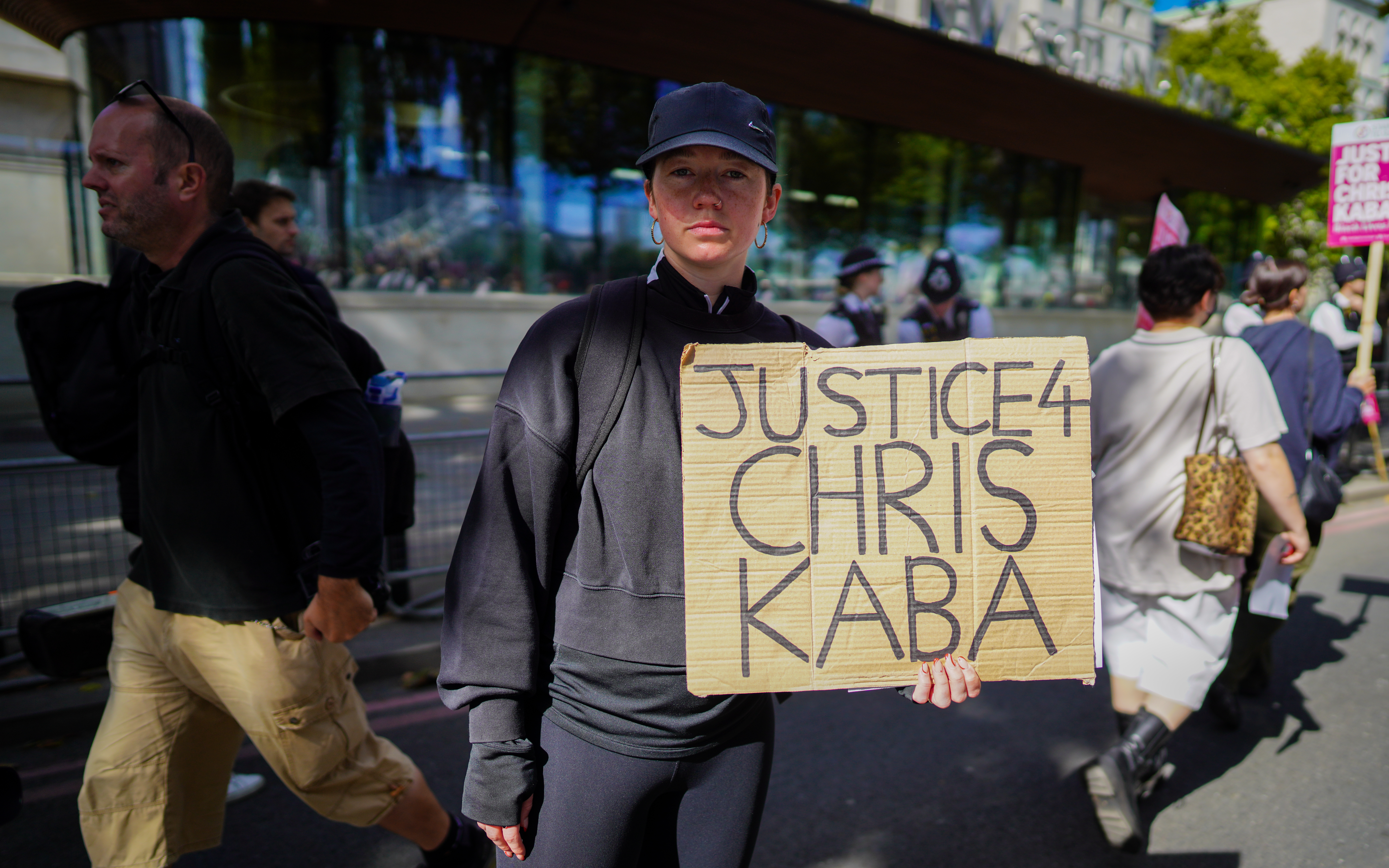The implications of the Chris Kaba case on law enforcement practices

On 5 September 2022, a police pursuit occurred where Chris Kaba, a 24 year old unarmed Black man, was fatally shot and killed. This case became a focus for the Black Lives Matter movement where rallies and vigils were set up in Kaba’s memory. The family of the victim gained support, but as the case developed, new information tarnished this original support. Martyn Blake, who was arrested for Kaba’s death was cleared of the murder charge, on 21 October, 2024. This caused an uprising of controversy in communities who felt a miscarriage of justice occurred believing that Kaba was victimised due to his race. Whilst others, particularly police officers who have supported Blake throughout, were satisfied with the outcome. This case opened up a myriad of questions regarding institutional racism and protection of police officers.
The police pursuit began when the police had reason to believe a blue Audi being driven by Kaba was linked to a shooting on 4 September 2022. The police were not aware of who was in the car but they identified the driver as a “young” Black male. They proceeded with the use of a ‘hard stop’, this refers to police cars approaching a car they believe is being driven by, or contains a passenger, that is a dangerous criminal. The police silently follow and then turn into the car they’re in pursuit of in order to get them to stop. The blue Audi was surrounded by police cars and began to ram into them, searching for a way to escape. Upon getting out of the car, Officer Blake shot through the car, hitting Kaba, killing him. Blake declared the shot was made as he feared his colleagues would be killed or injured.
Upon the news of his death, support emerged for the Kaba family, including a statement released by the Black Lives Matter Movement UK.They commented on people’s desire for a ‘perfect victim ‘, a belief that suggests people should be blameless when they are killed or targeted. They have been vocal in advocating for better treatment of Black people by the police in comparison to their white counterparts. They have addressed racist stereotypes where people of colour are seen as more violent and held to a higher standard. This can be seen with how the Black community in the UK makes up 4% of the population but experience 18% of stop and searches. Once the media had released the information regarding Kaba’s gang involvement, the public became much more sympathetic to Blake, despite this not changing the manner in which Kaba was killed. Black Lives Matter have maintained their support for Kaba.
Support from politicians and public figures emerged following Kaba’s death. Jeremy Corbyn MP tweeted in support stating the need for “justice and accountability”. In September 2022, rapper Stormzy gathered amongst thousands outside Scotland Yard to demand justice. He shared his concerns stating “when these people do these things, they get away with it.“
The attempted stop has come under scrutiny for the moments leading up to the gunshot. In particular, the practice of a hard stop where drivers can be dazed. Author Nells Abbey spoke out after the verdict, sharing his own experience of facing a hard stop, believing it ‘’leads you to a lot of confusion.’’ In this case, the argument has been brought forward that Kaba was aware of the police presence around him and had informed a friend that he was being followed.
There are views on other ways the stop could have been conducted. For instance, it has been suggested that if the car driven by Kaba was being used as a weapon, the tyres could have been shot at to eliminate that risk. Blake has faced criticism for how he took the shot within 17 seconds of exiting his car. Some believe it was possible for the officers to attempt to apprehend Kaba without gunfire.This stems from a belief that Kaba could have been brought into custody alive.
During the 3-week trial, the jury was not informed of Kaba’s prior convictions and criminal background. The media had been barred from disclosing this information until after the court proceedings. Information continues to come out about Kaba’s involvement in the London 67 gang and how the attempted murder was affiliated with gang violence. Public opinion continues to be divided as campaigns in Kaba’s name continue.
In October 2024, Yvette Cooper announced the identity of armed officers involved in shootings will remain anonymous unless they are convicted. This was brought in with the intention of protecting officers from those seeking retribution. This was triggered by the controversy centred around a court proceeding which allowed for Martyn Blake’s identity and date of birth being made available to the public. This occurred over a year after Kaba’s death, as they believed Blake was no longer at risk. The Court did rule that there should be no images of Blake shared. In an Instagram post, Black Lives Matter UK called out the new law, stating that it is, ‘’aimed at protecting and providing cover for trigger happy officers’’ addressing issues of accountability.
This case has had considerable force in shaping the public’s view of the Criminal Justice system and views remain divided on the verdict. It continues to fuel racial tension and is used to enhance the accusation that the criminal justice system is institutionally racist. The public backlash continues with those supporting Kaba, believing justice has not been served.
Words by Aliza-Kayan Ahmed
